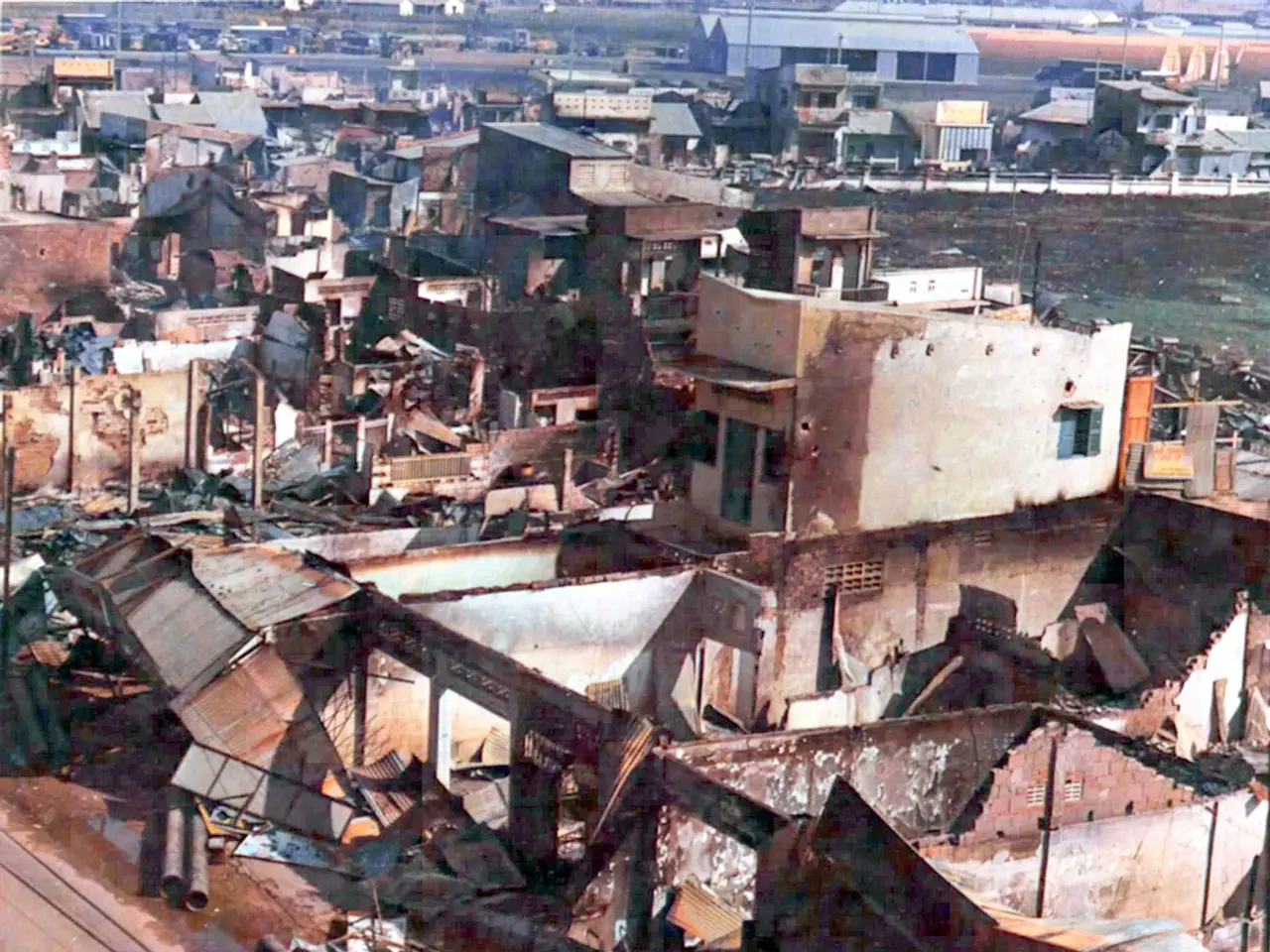Nations Implemented Unequaled Internet Shutdowns in 2022 Blackouts
In 2022, the world witnessed a significant increase in government-imposed internet shutdowns, with at least 185 instances across 35 countries. These shutdowns were primarily driven by political instability, security concerns, and attempts to control information flow during protests, conflicts, and sensitive events.
Causes of increased Internet shutdowns:
Governments such as Libya shut down the Internet amid large-scale protests to suppress dissent and control information dissemination. Countries like Iran imposed shutdowns citing cyber threats, attacks on critical infrastructure, and national security risks, particularly during regional tensions. Iraq and Syria carried out planned Internet blackouts during national exams to prevent cheating, while several governments restricted Internet to manage public opinion and suppress unfavorable reports. Technical or infrastructure issues are factors but less common in government-directed shutdowns.
Impact of shutdowns:
The impact of these shutdowns has been severe, leading to significant economic losses, disruption of communication, and curtailment of digital rights. Pakistan experienced one of the highest financial impacts with losses amounting to $1.62 billion in 2024 due to frequent shutdowns and throttling. Millions of users lose connectivity, hindering education, communication, healthcare, and commerce. Shutdowns are criticized by digital rights activists as tools for censorship and political control, and they exacerbate tensions by cutting off critical communication channels.
Efforts and challenges to stop shutdowns:
International advocacy and monitoring organizations like the Internet Society, NetBlocks, and Cloudflare track shutdowns and raise awareness. Digital rights groups urge governments to respect Internet freedom and seek guidelines limiting shutdowns to last resorts. Some efforts focus on building resilient Internet infrastructure to resist shutdowns and maintain connectivity through decentralized and alternative networks. However, many countries justify shutdowns on national security grounds, often limiting progress on policy reforms. There is no global legal framework compelling governments to avoid shutdowns, making it a challenging issue to address.
Notable cases include Iran's use of internet outages to combat protests following the death of Mahsa Amini, India accounting for nearly half of the internet outages recorded in 2022, and people in Tigray, Ethiopia experiencing a full communication blackout for more than two years, making it the longest active shutdown. The UN High Commissioner for Human Rights Michelle Bachelet has called for swift action to end internet shutdowns, including more prominent reporting of their impacts, more transparency by involved companies, and defending connectivity from self-imposed disruptions.
Access Now, a New York-based watchdog group, published a report on internet shutdowns on Tuesday, reflecting similar findings to the UN's report. They have seen progress in ending global internet shutdowns, including success in mobilizing against election-related shutdowns globally. The UN and Access Now continue to work together to address this issue and defend digital rights worldwide.
[1] Internet Society Report on Internet Shutdowns [2] NetBlocks Report on Internet Shutdowns [3] Access Now Report on Internet Shutdowns [4] UN Report on Internet Shutdowns [5] Cloudflare Report on Internet Shutdowns
- Tech outlets like Gizmodo have reported on the future implications of increased internet shutdowns, emphasizing that these disruptions, driven by political instability, security concerns, and attempts to control information flow during protests, conflicts, and sensitive events, can significantly impact general news, war-and-conflicts coverage, and politics.
- In an effort to combat internet shutdowns, tech companies such as Cloudflare and advocacy groups including Access Now have published reports, outlining the economic losses, disruption of communication, and curtailment of digital rights that result from these disruptive measures.
- The use of internet shutdowns as a tool for political control, dissent suppression, and censorship has been under scrutiny by the international community, with UN officials like Michelle Bachelet advocating for ending these practices and emphasizing the importance of upholding internet freedom in the technology-driven future.







